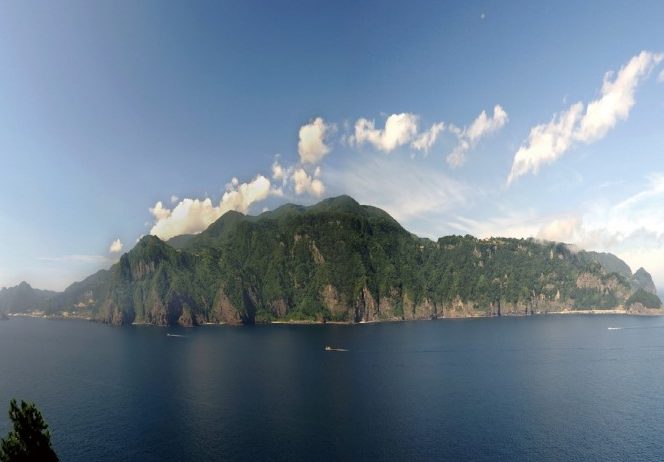
On June 3, 2025, Lee Jae-myung of the Democratic Party of Korea was elected as the 21st President of South Korea. The AsiaN is publishing the hopes and expectations of Koreans for the new president and administration in both Korean and English editions. We welcome the interest, feedback, and constructive criticism of our readers.
The AsiaN Editorial Team
By Hyunjoon Yoo,
Professor of Architecture at Hongik University & Principal of Hyunjoon Yoo Architects
SEOUL: The greatest political and social crisis facing Korea today is not simply the wealth gap-it is, more precisely, the lack of a ladder for upward mobility. The Bible reminds us that “the poor will always be with you.” History also shows that those who claimed they would eliminate poverty altogether often ended up becoming dictators, casting darker shadows over their nations.
The real solution to inequality is not for the government to hand out money, but to create paths through which people without capital can accumulate wealth. Fortunately, such a path exists: expanding space. Space, in this sense, is a form of real estate capital. When we create new spaces through technological innovation, those on the margins of society can move in first and generate income.
For example, in 19th-century Europe, the invention of the steamship allowed people to cross the Atlantic in just a week. Many Italians and Irish—then the poor of Europe-immigrated to America, received land for free, and became wealthy. Those who missed that chance went west when railroads expanded, eventually founding Hollywood and Silicon Valley.
Korea had a similar moment. Until the Joseon Dynasty, land existed only at ground level, so only a handful of aristocrats could be landlords. But in the 1970s, the construction of apartments turned previously useless airspace into real estate. Those who bought these apartments became landowners. With high-density apartments came commercial zones. As population density rose, urban commerce flourished. Even people without inherited land could build wealth through good business ideas.
Chung Ju-yung, a war refugee from North Korea, became wealthy by building apartments and manufacturing cars—thanks to the emergence of new urban space. In the 1990s, when chaebols (conglomerates) seemed untouchable, the breakthrough wasn’t dismantling them, but building high-speed internet infrastructure. This created a new virtual space, and young people who moved into it founded companies like Naver and Kakao.
The problem is that since the 1990s, Korean society has experienced no further spatial expansion. The next administration can seek to expand space in three key directions:
Expanding virtual space with AI:
We must actively develop artificial intelligence, which will be the new immigrant in online space. At the same time, we must embrace AI’s offline applications, such as autonomous vehicles, and use them to restructure our national land use.
Opening North Korea economically:
North Korea, rich in underground resources, has real potential in terms of both population and market. We must see it as a space for development and future prosperity.
Entering the Arctic trade zone:
As the Arctic melts due to global warming, new trade routes connecting Europe, North America, and Siberia will emerge. Korea should develop the East Sea coast with Ulleungdo as a base, engage Japan’s western coast, and create a vision of making the East Sea the Mediterranean of the 21st century. Busan should become the Singapore of the 21st century, and Ulleungdo the new Sicily.
In addition to expanding space, Korea must improve its metacognition-in short, its self-awareness.
Geopolitically, Korea is caught between major global powers. While it might sound appealing to play the role of a mediator, international diplomacy is not so naïve. Overstepping our bounds as an “arbiter” risks backlash from all sides. We’ve already seen that Korea couldn’t even sit at the negotiation table between the U.S. and North Korea.
Korea must clearly recognize that it is a nation built on liberal democracy and define its diplomatic posture accordingly. If not, we risk repeating the fall of Joseon in the late 19th century—a dynasty that collapsed because it failed to read the global landscape. Excessive self-deprecation is harmful, but so is blind nationalism. Korea must develop a sober, accurate diplomatic metacognition.





